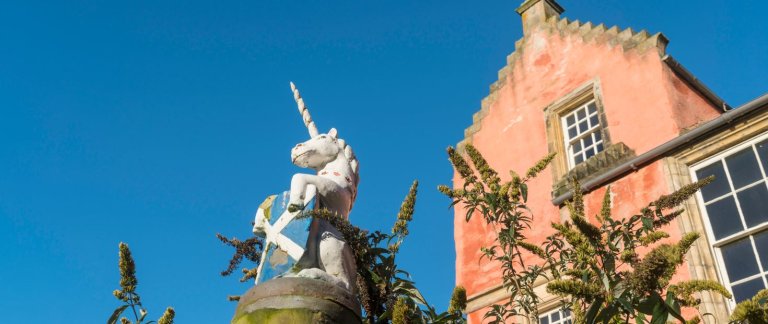

The United Kingdom is an island nation in the northwest of Europe, consisting of England, Scotland, Wales and Northern Ireland. It is a diverse country with many different cultures from all over the world, wonderful nature and interesting history. There are many fun facts about the UK, here are some of them.
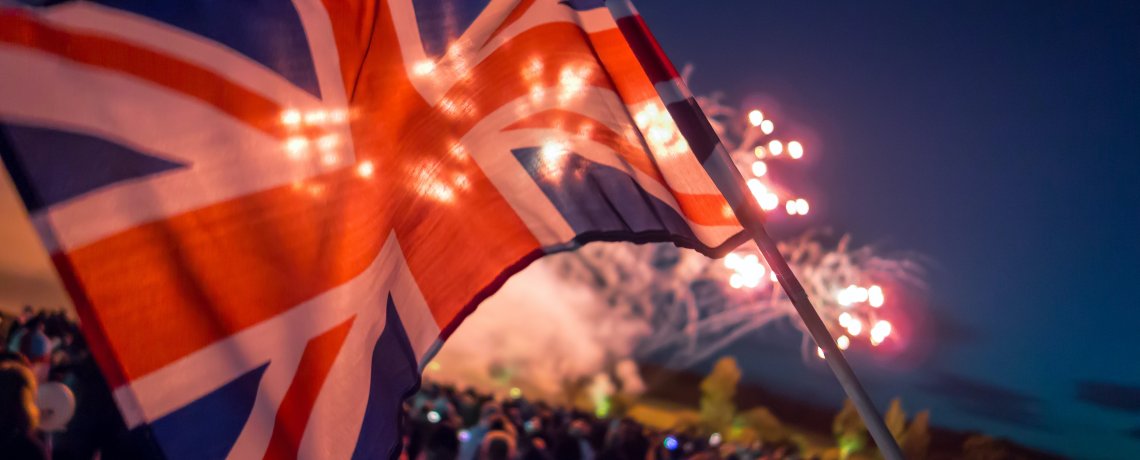
Numerous intriguing facts await those considering a visit to the UK! Within this article, we've curated a compilation of our top 10 favorite fun facts.
Interested in visiting the United Kingdom? Have a look at our recommended tours to the UK.
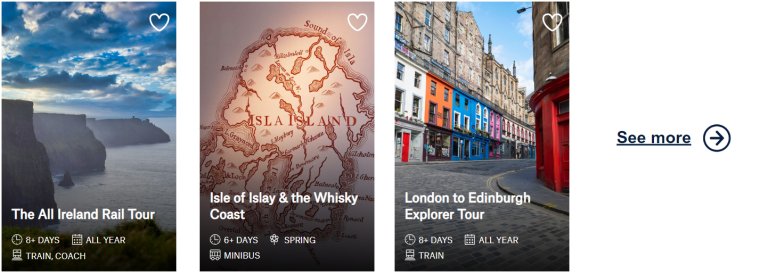
The stereotype that the British drink a lot of tea is immediately confirmed with this fun fact. They drink around 100-160 million cups of tea daily, which is about 36 billion every year. The difference from most of the countries in the world is that almost all the tea drinkers in the UK (98%) add milk to their cup of tea.
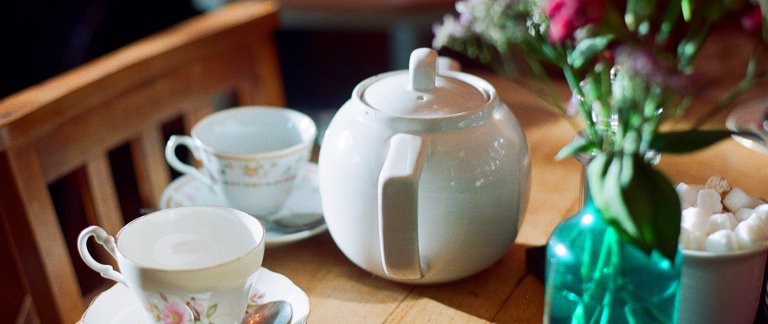
Sending letters was expensive before postage stamps were introduced. In May 1840, the first stamp was issued in the UK, it was called ‘the Penny Black’, and featured Queen Victoria. The advent of the postage stamp made it cheaper to send letters and caused an increase in sending postcards, letters and Christmas cards.
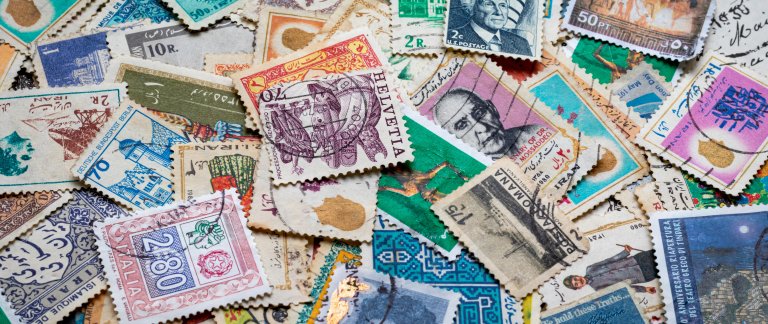
During her 70 years on the throne, Queen Elizabeth II has visited over 100 countries on official duties. Although every person in the world needs an identity card, she does not need a British passport during her travels. This is because passports are issued in the name of the Queen.
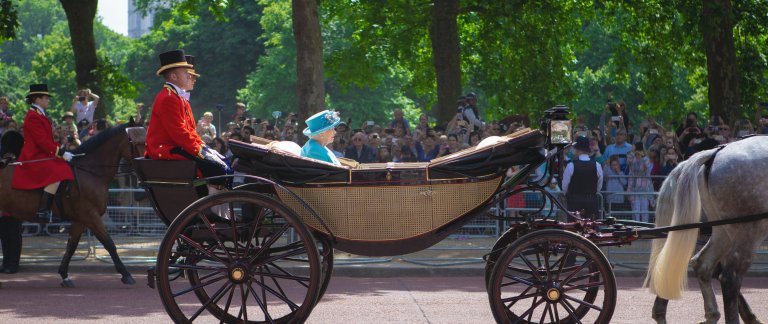
At St. Martins Theatre in the West End in London, the world’s longest-running show is being played. Agatha Christie’s The Mousetrap has been running since 1952, which means that the show has been running for more than 70 years now. The show started as a radio play, called Three Blind Mice, and follows the story of seven strangers snowed in at a home in the countryside.
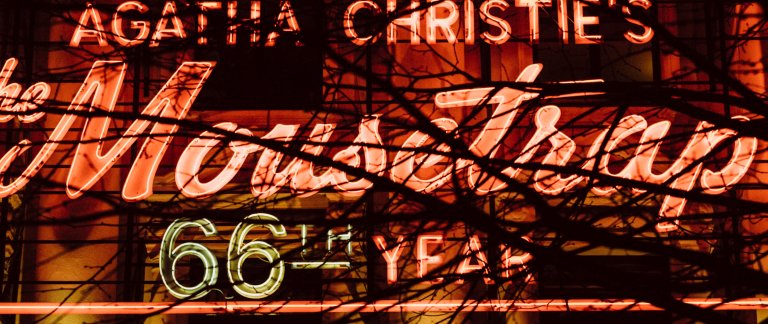
Yes, you read it correctly, cheese rolling is a sport. It is estimated that the sport started in the 15th century. Once a year, competitors compete in a cheese rolling competition at Cooper’s Hill in Gloucestershire. During these competitions participants chase a 3.2-kilogram (7lb) wheel of Double Gloucester cheese down a steep hill. It is certainly a sport at risk, but it is a tradition not to be missed in the region. The winner, the one crossing the finishing line first, wins the wheel of cheese as their prize.
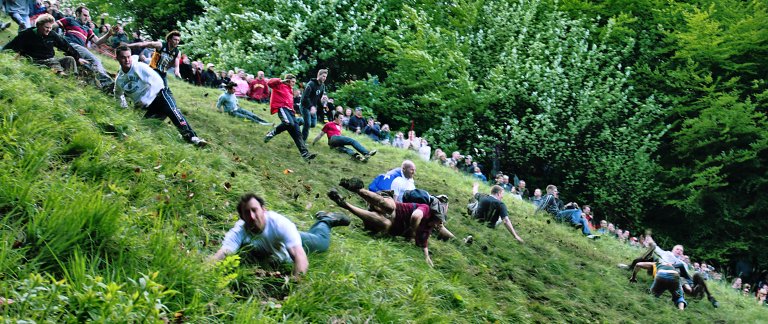
Stonehenge is one of the world’s most famous prehistoric monuments, built as a cemetery in the Bronze Age, but not many people know that this is even older than the pyramids. The first stones were an early henge monument, built 3000 years BC and the exceptional stone circle was constructed in the late Neolithic period about 2500 BC. The pyramids were built and finished around 2500-2400 BC. We can conclude that both monuments are very old and worth a visit!
Related: Experience Stonehenge on trip to England.
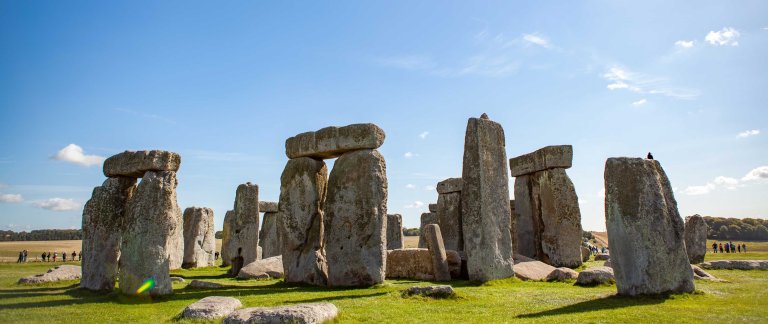
Llanfairpwllgwyngyllgogerychwyrndrobwllllantysiliogogogoch is the longest town name in Europe and one of the longest town names in the world. Often road signs in Wales are written in both Welsh and English, the translation of Llanfairpwll (the more manageable version) is ‘St. Mary's Church in the hollow of white hazel, near a rapid whirlpool, and the Church of St. Tysilio near the red cave’.

You probably think of roast dinner, fish and chips or a steak and kidney pie when you hear someone saying, ‘British food’. Nevertheless, the UK residents voted the chicken tikka masala as the country’s national dish. Its popularity can be explained by its former colony and still strong ties with India. The dish was popularised by the British-Asian cooks in the 1960s, but who actually came up with the recipe for this Indian mild curry is not known.
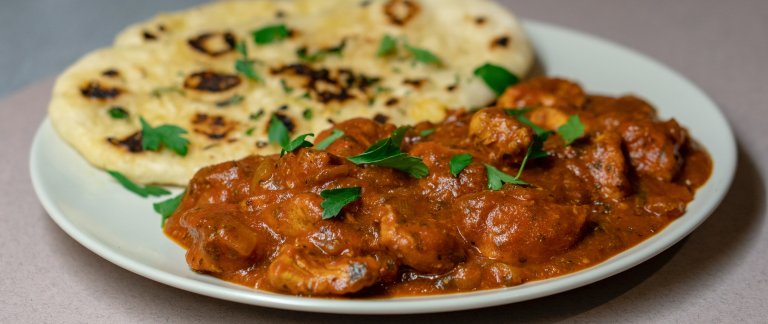
Scottish haggis is a sheep’s stomach filled with the sheep’s liver, heart and lungs, as well as oatmeal, suet, stock, onions and various spices. This dish has been forbidden in the United States of America since 1971. The reason for this is that the U.S. Department of Agriculture believes that lungs should not be saved for use as human food. The lungs of a sheep can contain bacteria, so the ban is in place with food safety in mind.
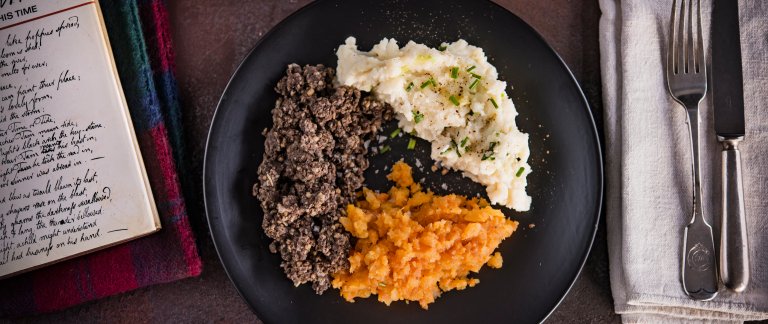
Scotland is known for its love of myths and legends, so, it comes as no surprise that a fabled creature is Scotland’s national animal. The Unicorn was first used in the 12th century as national symbol. You can spot Unicorns all over Scotland, often wrapped in a golden chain. It symbolises purity, innocence, masculinity and power and it was believed that the Unicorn is one of the strongest animals. The chain could be a symbol that the Scottish Kings had so much power and strength that they could tame even a Unicorn.
